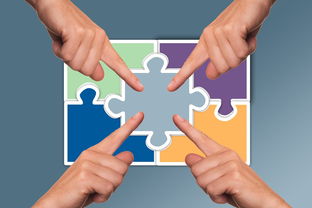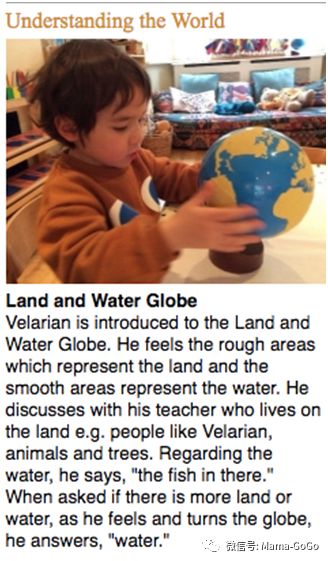Exploring the World of Erotic Literature in Literature: From Three Levels to Passionate Tales
Erotic literature, often referred to as "threelevel literature," encompasses a wide range of literary works that explore themes of passion, desire, and sexuality. These works can vary significantly in style, tone, and content, offering readers a diverse and sometimes controversial literary experience. Let's delve into the world of erotic literature, exploring its history, themes, impact, and the controversies surrounding it.
Understanding Erotic Literature
1.
History and Evolution:
Erotic literature has a long history, with roots dating back to ancient civilizations such as Greece and Rome. These early works often celebrated love, beauty, and desire in poetic and artistic forms. Over time, erotic literature evolved, influenced by cultural shifts, societal norms, and literary movements.2.
Themes and Elements:
The themes in erotic literature are vast and can include romantic love, sexual exploration, taboo relationships, power dynamics, and fantasies. Writers employ various literary elements such as vivid imagery, sensual language, and explicit scenes to evoke emotions and engage readers.The Three Levels of Erotic Literature
1.
Level One: Sensual and Romantic:
At this level, erotic literature focuses on sensuality, intimacy, and romantic connections. It emphasizes emotions, relationships, and the exploration of physical desire within a context of love and affection. Writers often use elegant prose and tender descriptions to convey passion and arousal without explicitness.2.
Level Two: Explicit Yet Artistic:
This level delves deeper into explicit sexual content while maintaining artistic quality. Writers may describe intimate encounters in detail, including physical sensations and erotic acts. However, the focus remains on storytelling, character development, and emotional depth, elevating the narrative beyond mere titillation.3.
Level Three: Uninhibited and Provocative:
The most explicit and uninhibited level of erotic literature, level three pushes boundaries and challenges societal taboos. It may include graphic depictions of sexual acts, unconventional relationships, and intense themes of dominance, submission, or fetishism. While controversial, these works explore human sexuality in raw and unapologetic ways.Impact and Controversies

1.
Artistic Expression vs. Morality:
One of the ongoing debates surrounding erotic literature is the balance between artistic expression and moral standards. Critics argue that explicit content can be artistic and thoughtprovoking, while others believe it promotes immorality or objectification.2.
Empowerment and Liberation:
Supporters of erotic literature argue that it can empower readers by normalizing diverse sexual experiences, promoting sexual liberation, and challenging societal stigmas. It can provide a safe space for exploring fantasies, desires, and identities.3.
Censorship and Legal Issues:
Erotic literature often faces censorship and legal challenges due to its explicit content. Laws and regulations vary globally, impacting the availability and distribution of such works. Authors and publishers navigate these challenges while advocating for freedom of expression.Guidance and Recommendations
1.
Exploring Diverse Voices:
Readers interested in erotic literature can benefit from exploring works by diverse authors from different backgrounds and perspectives. This fosters a deeper understanding of human sexuality and experiences.2.
Understanding Consent and Ethics:
It's crucial to approach erotic literature with an understanding of consent, boundaries, and ethical considerations. Respect for the characters' autonomy and the portrayal of healthy relationships are essential aspects.3.
Engaging Critically:
Readers and scholars can engage with erotic literature critically, analyzing themes, narratives, and cultural implications. This approach fosters meaningful discussions about sexuality, gender dynamics, and societal norms.In conclusion, threelevel erotic literature offers a complex and multifaceted exploration of human desire, intimacy, and relationships. It continues to provoke discussions, challenge norms, and inspire both readers and writers to delve into the depths of passion and imagination.











